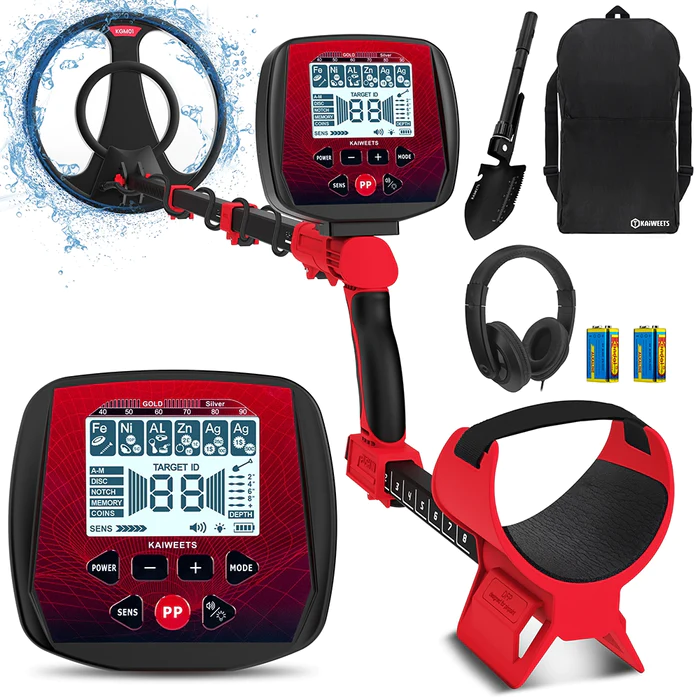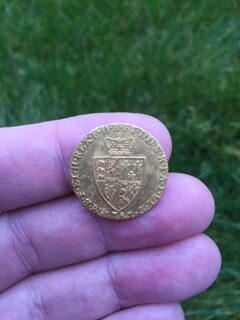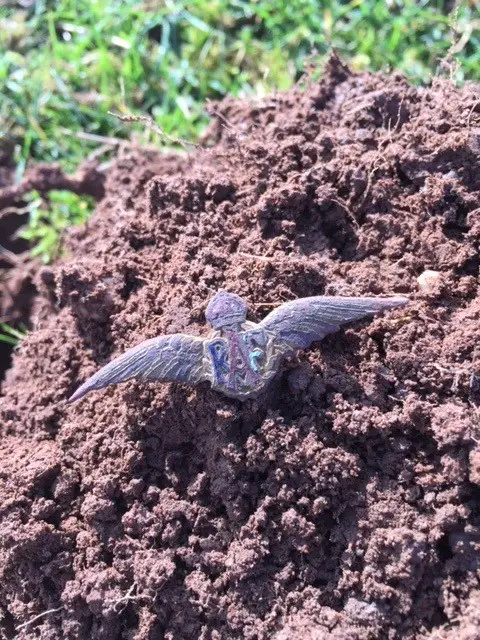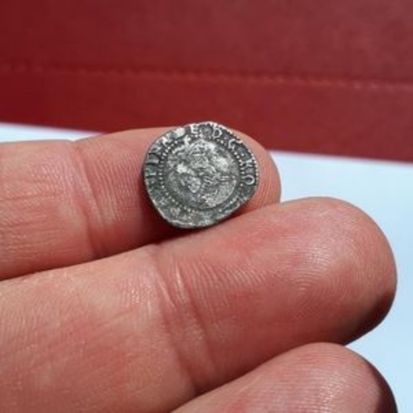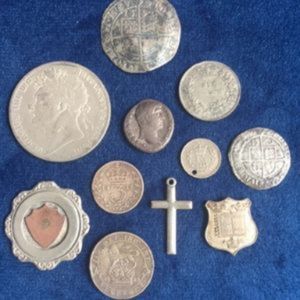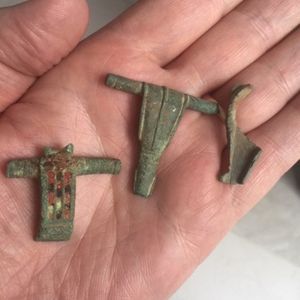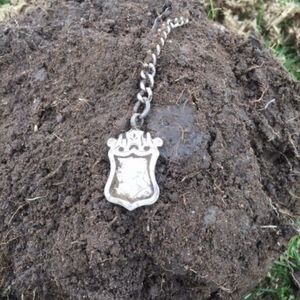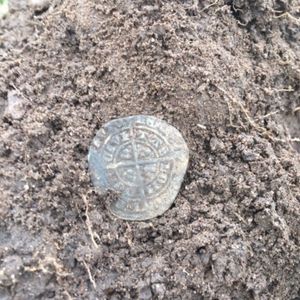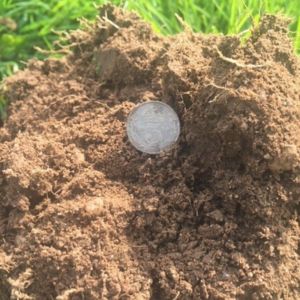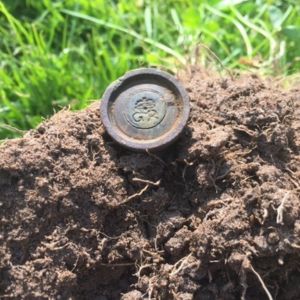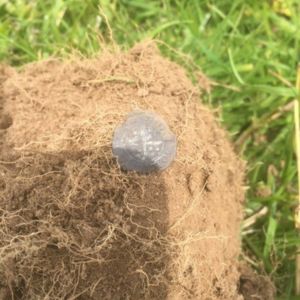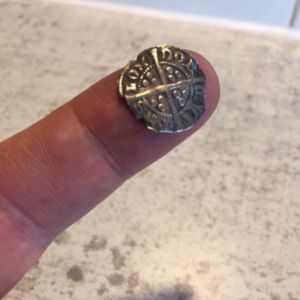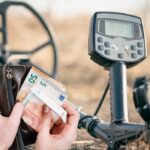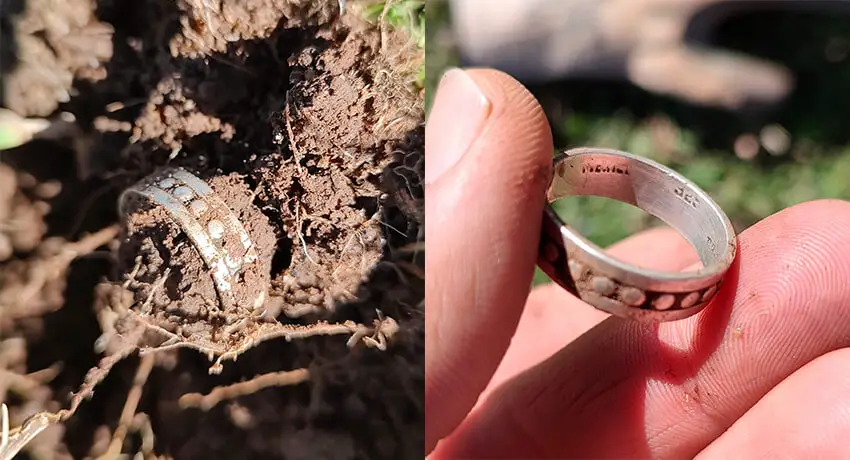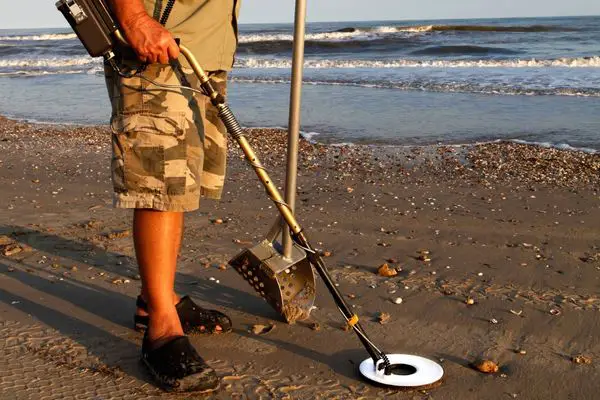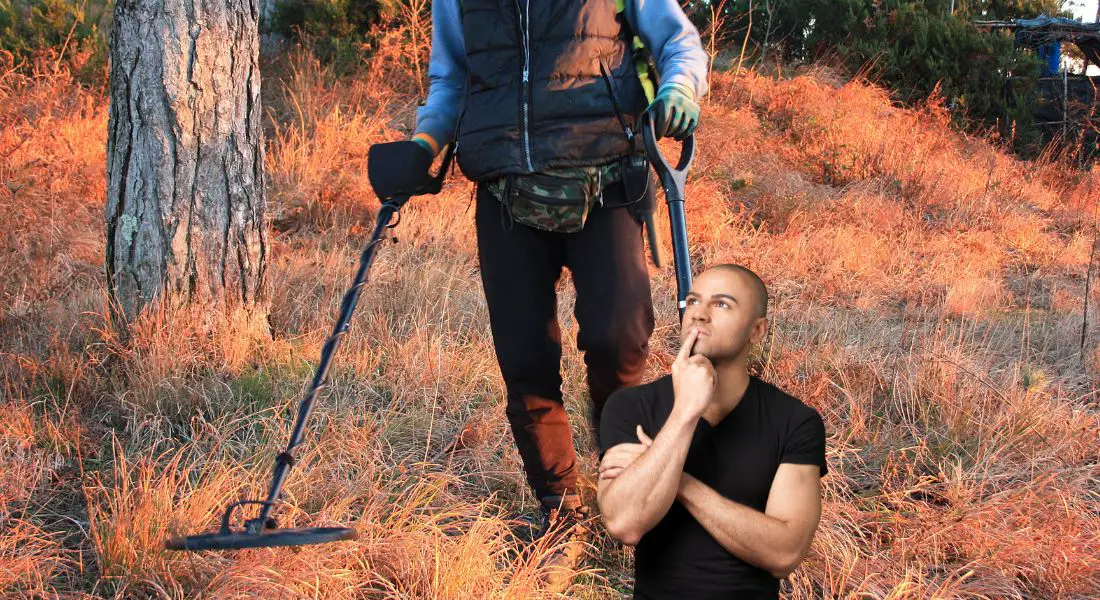Best metal detectors
Metal detecting for beginners
Metal detecting for beginners in the UK needs to cover the equipment you’ll need, where you can detect, permissions you may have to gain, the law around metal detecting, research of land, detecting technique and how to get into a detecting mindset.
It can be an enormous undertaking and at first glance, there looks like a wealth of information out there written by so called “detectorists”. It can be overwhelming looking how to start metal detecting.
The reason for writing this article is to impart all of my knowledge over to you so that you do not have struggle like I did when I when I first started.
I made some terrible mistakes all those years ago and wasted money on terrible kit and equipment. I don’t want you guys to do the same.
I looked at other blogs trying to give advice on how to start in the hobby of metal detecting and I had my head in my hands. Out of date information, obsolete machines…..I had to write this article to save you from them!
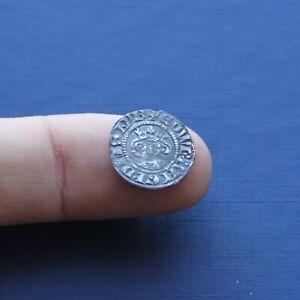
Metal detecting for beginners in the UK is a world apart from metal detecting in the USA.
Very often you Google a search term for advice and you will get an American web site but the way they hunt, where they hunt, how they hunt and what they find will be totally different to the way we do things in the UK.
This mainly stems from the fact that we have thousands of years of history and have unfortunately (or fortunately!) been conquered several times by European or Scandinavian nations.
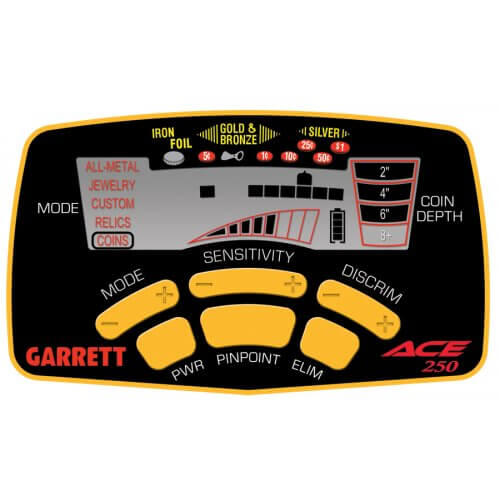
This means that we have a wealth of unclaimed finds still under our feet that can’t get pigeon holed into a specific target signature like it can in America.
American coinage hasn’t in the grand scheme of things been around that long so it’s all standardised.
These will be 1 cent, 5 cents, 10 cents, 25 cents, 50 cents and 1 dollar coins.
This is why when you look at an American made metal detector, it’ll have all of the recognised coin denominations laid out on the target screen.
Our coinage just doesn’t fit any pattern as it’s so varied.
So, if you’re gathering as much information as you can before you take the plunge and you are UK based, make sure you read UK blogs…..I’m glad you’re here!
So where do we start?…..let’s talk about the equipment you’ll need first!
Metal detecting for beginners UK
How to start metal detecting
Best Metal Detectors – Equipment
The beginner and junior metal detector
The biggest piece of equipment you’ll need obviously is the metal detector and it would be wrong not to talk about this first, especially as a beginner or looking for a junior metal detector.
Would it be a surprise to you if I said that not all metal detectors are created equal? Probably not…..but they aren’t created equal.
As with most things in life, and that includes hobbies, you get what you pay for. The biggest thing to establish is your budget, and don’t forget, there will be other things you’ll need initially so factor that in.
Some things are secondary and can wait a while but they will just make your detecting easier.
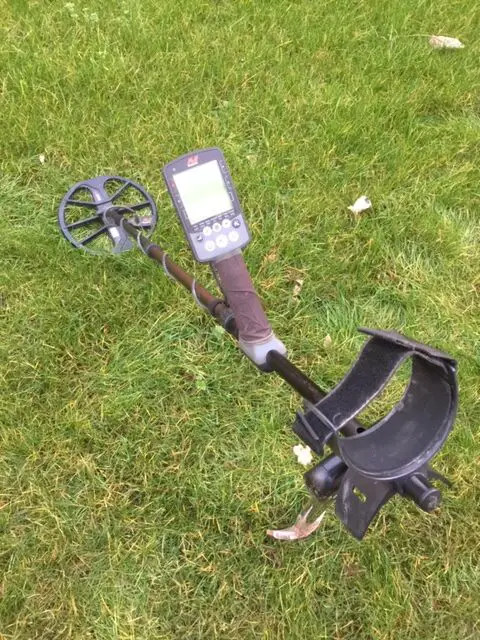
The biggest piece of advice I want to give you now, hopefully before you have purchased a metal detector is to not be fooled or taken in by big claims by unscrupulous sellers of cheaply made detectors.
These are usually below £100 and will be absolutely useless. Please avoid these when looking how to start metal detecting.
If your budget for a detector is around £100-£120, please stick to a recognised manufacturer or one that has been reviewed.
At this price bracket, it really will just be a bit of fun that will find you things but don’t expect too much.
As a rule of thumb, as your budget increases, so will the sophistication and ability of the detector. It will find deeper targets, be more accurate, be more stable, handle the ground better and be much more adjustable.
If I were to impart a pearl of wisdom here, take a little longer to think what you might use the detector for and how serious you think you may get as you become more engrossed into the hobby.
The reason I say this is because if you’re a mum or dad who wants to have some fun with a young son or daughter in a large back garden every so often, maybe the £100-£120 price will be fine.
If you are looking for a solid recommendation at the £120 price point, I absolutely recommend the Kaiweets KGM01.
I have been field testing this machine and have a review coming soon!…..unbelievable for the price point.
I have even managed to secure a 15% discount code so enter DMD15 at the checkout for a further 15% off.
Check out my Kaiweets KGM01 review article here.
If however you think that you might really get into this, then my advice is to push your budget.
Even if you have to wait a couple of extra months to save a little more.
If you can even stretch a little more into the £180-£200 mark, I can thoroughly recommend the Quest X5. You won’t get a better detector for around £180. Read my in depth article on the Quest X5 here.
Find a Quest X5 on Amazon here. It is much better to get the correct detector first than to get a cheaper one and then try to sell it to then get a better one.
Top end detector prices can easily reach £1000 and more but if you can stretch to around £250, a whole new world opens up into serious detecting.
I really encourage you to take a moment and read my article about finding the best metal detector for beginners UK here.
I also have a useful article on the best metal detector under £300 here.
If you’re interested in reading further about price brackets and what you can get for your money, you can also read my other article on detector price brackets here.
Accessories
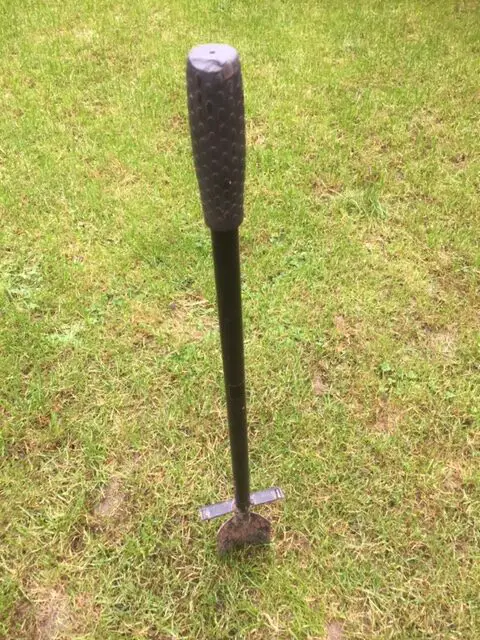
So what else will you need? Well you’ll need a good shovel or spade. Like I’ve mentioned previously, not all shovels are created equal.
Metal detecting shovels have been specifically designed for the purpose they serve.
It’ll not be good taking a huge spade or shovel that would be more at home turning a vegetable plot over or moving a ton of concrete.
Metal detecting shovels are more precise because it’s very important to cut small neat plugs of soil in the ground so they can be reinstated afterwards.
A smaller digging tool for more accurate target extraction is also essential. You can read my article on metal detecting digging tools here.
This is vitally important as you mustn’t leave any holes or bad ground anywhere. You can read my article on metal detecting shovels here.
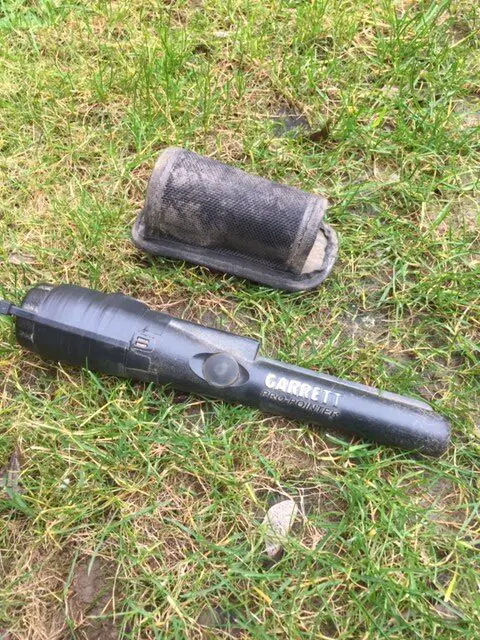
A pinpointer is always a good investment and will make your life so much easier if you have a hole dug and cannot seem to find a small target.
A pinpointer is a small metal detector that sits on your belt or pouch that you use to find targets in holes or soil clods.
You can take a look at my deeper delve into metal detecting pinpointers here. Finally, other items you need can include a good set of gloves.
I can’t stress enough that there can be some very nasty things lurking in soil that you do not want to get into a cut.
I have an article on metal detecting gloves here.
A good pair of boots is also essential as you could spend several hours out in the field. These need to be tough, waterproof, super comfortable and provide ankle support for rough terrain.
You can read my dedicated article on how to choose the correct metal detecting boots here.
A smaller trowel is always a good item to take. You can get specific diggers specialised for detecting but a small gardening one will do the job. My digging tool can be seen on my belt pack here.
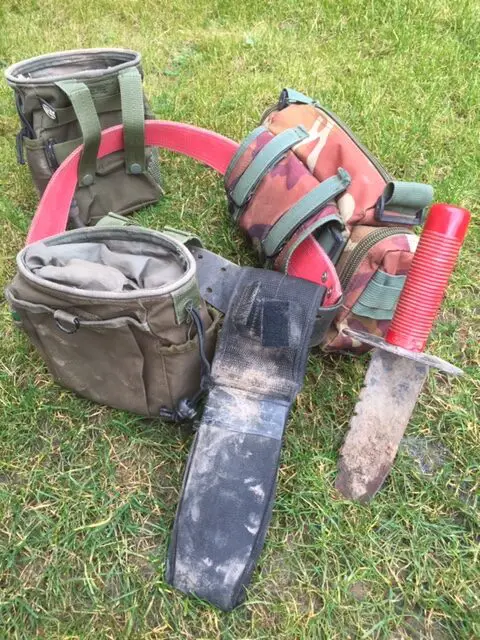
Knee pads are a good item to have also. They really will save your knees from stones digging in and mud.
Another consideration is choosing the correct clothing. The correct clothing can keep you dry and also let your body breathe to regulate your temperature.
A good choice can also give you plenty of pockets for storage. You can read my article on choosing the correct metal detecting clothing here.
Lastly, a good utility belt with some pouches and a utility pack is a really good combination. On my belt, I have two pouches and a rear tactical pack.
In the tactical pack, I carry any spares I may need so I don’t get caught out in the middle of nowhere.
In there is also a small first aid kit, spare coil bolts, batteries, anti bacterial gel and wipes, snacks and drinks etc. The pouches are for good finds and trash so I can dispose of it responsibly later at home.
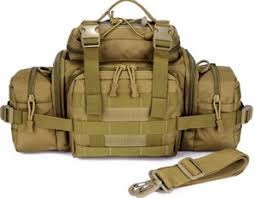
Ultimate Tactical Packs!
Carry everything you’ll need for a detecting day like a First Aid kit, detector spares, finds boxes, batteries, snacks and drinks to rehydrate.
Never forget anything again with a belt pack!
Where can I go metal detecting?
Metal detecting land available
This is a very good question and a really important one also. In a nutshell, unlike metal detecting in the USA, you can’t just go anywhere like a baseball pitch or park and start digging…..it’s just not British!
By this, I mean that all land in the UK technically belongs to someone. You can blame the Norman conquest for this! There is metal detecting land available but here are some pointers first!

This means that wherever you go, you’ll need permission. The only place that you technically don’t need permission for anymore is on a beach (Crown Foreshore) that isn’t privately owned.
So what happens if you get caught on someones land without permission?…..well I can’t claim to know what a farmer might do but you’ll get a lot of colourful language.
In law, you are technically known as trespassing. Contrary to any signs you might of seen that state “Trespassers will be prosecuted!”……you actually can’t.
Why not read my useful article about farmers who allow metal detecting. This contains some great tips on how to get land permissions.
What can happen though is that an injunction can be taken out banning you from doing it again. If you then ignore the injunction, that’s when it becomes more serious…..so get permission!
You can read further about this in my article “Is metal detecting legal?” here. The best and easiest places to start is in your back garden if it’s large enough or a friend or family members garden.
This is a great place to get to know your detector and you’ll be surprised at what you may find. Most finds are dropped coins over the years but lost rings are also a possibility.
Be prepared to dig a lot of rubbish however but it’s all good practice!
The next place to start would be to ask family, friends and even work colleagues if they know anyone who owns some land that they will give you permission for.
I have gained many permissions from asking around and because the landowner knows someone who trusts you, they’re more likely to say yes.

If you live near a beach, you could always get yourself down there. Beaches can be rich pickings but beaches can be tough to detect on without the correct detector.
This is due to the salty conditions and the amount of potential trash. Read my article on beach metal detecting in the UK here.
Think twice about going to a local park. This may be known as common land but ultimately it belongs to the Crown.
Your local authority may look after it but it still belongs to the Crown. You must get permission…..technically! Finally, maybe find yourself a local detecting club.
This can be a great place to meet like minded enthusiasts that can give you great advice and provide weekly club digs on farm land they already have permission for.

Unbeatable Multi Frequency!
You can now get the ultimate power of multi frequency technology over single frequency detectors with the Minelab Vanquish range of detectors.
The entry level Vanquish 340 now gives you ultimate depth, stability and sensitivity on all target types in every soil, including wet beach sand.
Metal detecting and the law
I desperately don’t want to dampen any enthusiasm but as with most things and many hobbies, there are some aspects of the law we need to touch on.
This is more prevalent with metal detecting because of its potential to unearth items of historical wealth, not just monetary wealth.

We’ve just spoken about how important it is to gain permission first before detecting anywhere.
If you detect on someones land without permission, find something and take it away, technically it’s theft.
The other big aspect to remember is something called “The Treasure Act”. This used to be known as “Treasure Trove”.
If you find something that has a combination of age, importance and a precious metal content, it could come under the Treasure Act and need reporting to the correct authority via the appropriate channels.
Failure to do this comes with heavy penalties and previous cases have resulted in detectorists being locked up!
Don’t panic!…..if you suspect you have unearthed something of importance, you do have time to report it. The best place to go at first would be your local museum to touch base with your local FLO (Finds Liaison Officer).
They will be able to identify the find and take you through the correct channels. I have a dedicated article on the treasure process and treasure definition here.
Read my article about metal detecting and the law here.
Another thing to look out for are areas of land that out of bounds due to scientific interest or the land being a scheduled monument. The consequences can be harsh if you are caught on one of these.
By carrying out some basic research, you can easily determine if you’re okay. We’ll talk about research now.
Research

Carrying out research can be one of the most interesting and rewarding things you can do.
As soon as you potentially gain permission for a large piece of land or a farm, thorough research can potentially bring up some hot spots that you could try first.
This could be in the form of an unknown roman villa, a saxon round house or an old footpath used since medieval times by local villages converging on church.
The possibilities are endless. Research does not have to be expensive either. You don’t have to go to a library and it can all be done in the comfort of your own home on your computer.
What if I told you that most of the resources are free!….yes, but what are they?
Well I will tell you for free because that’s why I started this blog….to help people with the knowledge I’ve gained. Read my article on the 7 best resources for metal detecting research here.
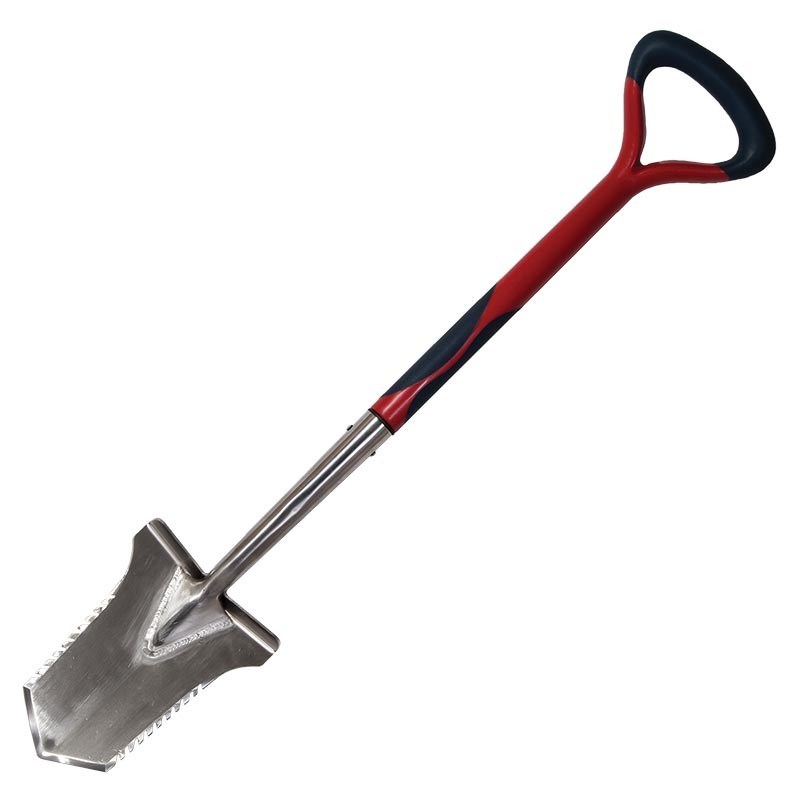
The Evolution Pro Cut
The ultimate accessary for the serious metal detectorist. Super strong, stainless steel specially designed spade.
The mindset of a detectorist
In order to transition from a casual, detect every now and then detectorist to an enthusiastic more serious one, you must get into a mindset.
As with most things in life, you get out what you put in and that is no different in metal detecting. To be a successful detectorist, you need tenacity, determination and a healthy dollop perseverance.

Some days, all I have dug is rubbish….and that’s how it goes some days. You may dig rubbish all day and then that last signal maybe that gold coin you dreamed of finding! It’s all about probability really.
If you go detecting once every six months, you may not find much. You go out once a week, you’ll find much more.
You carry out some great research….your finds rate increases by an order of magnitude. You may get rejected for several permissions and lose hope but then the next permission request is successful.
Detecting is all about the ups and downs. Without the downs, the ups wouldn’t be as great.
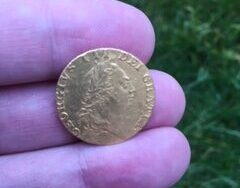
What other hobby out there has the potential to change your life with one find?…..none! This is what drives detectorists to keep going. Get to grips with your detector.
Learn what it’s telling you and it’ll reward you. People talk about luck but luck is just about shifting probability from low to high.
Do research, get out more and become one with your machine. That shifts the probability of that dream find from low to high.
It’s funny how luck seems to follow those who put in more effort!
Final thoughts
For me, this has been a great article to write and it could of been much longer but I know when articles get too long, they get unmanageable.
I have linked to several other more in depth articles to help spread the knowledge. We’ve covered a lot today about how to start metal detecting, what to look for and what to avoid.
One way to stay informed and keep current is to subscribe to a magazine. I have an article on metal detecting magazines here.
We’ve covered the equipment you’ll need, the importance of gaining permission, metal detecting and the law. How to carry out research and we’ve touched on getting into a mindset.
You can also read more in my article on metal detecting techniques here. If you’re thinking of a secondhand machine, read my article on the Pro’s & Con’s of secondhand metal detectors here.
I do hope that this article has sparked something inside of you because if you’re here….you’re ready to start! Try to find a club near you with my article on finding a metal detecting club here.

Unbeatable Multi Frequency!
You can now get the ultimate power of multi frequency technology over single frequency detectors with the Minelab Vanquish range of detectors.
The entry level Vanquish 340 now gives you ultimate depth, stability and sensitivity on all target types in every soil, including wet beach sand.

